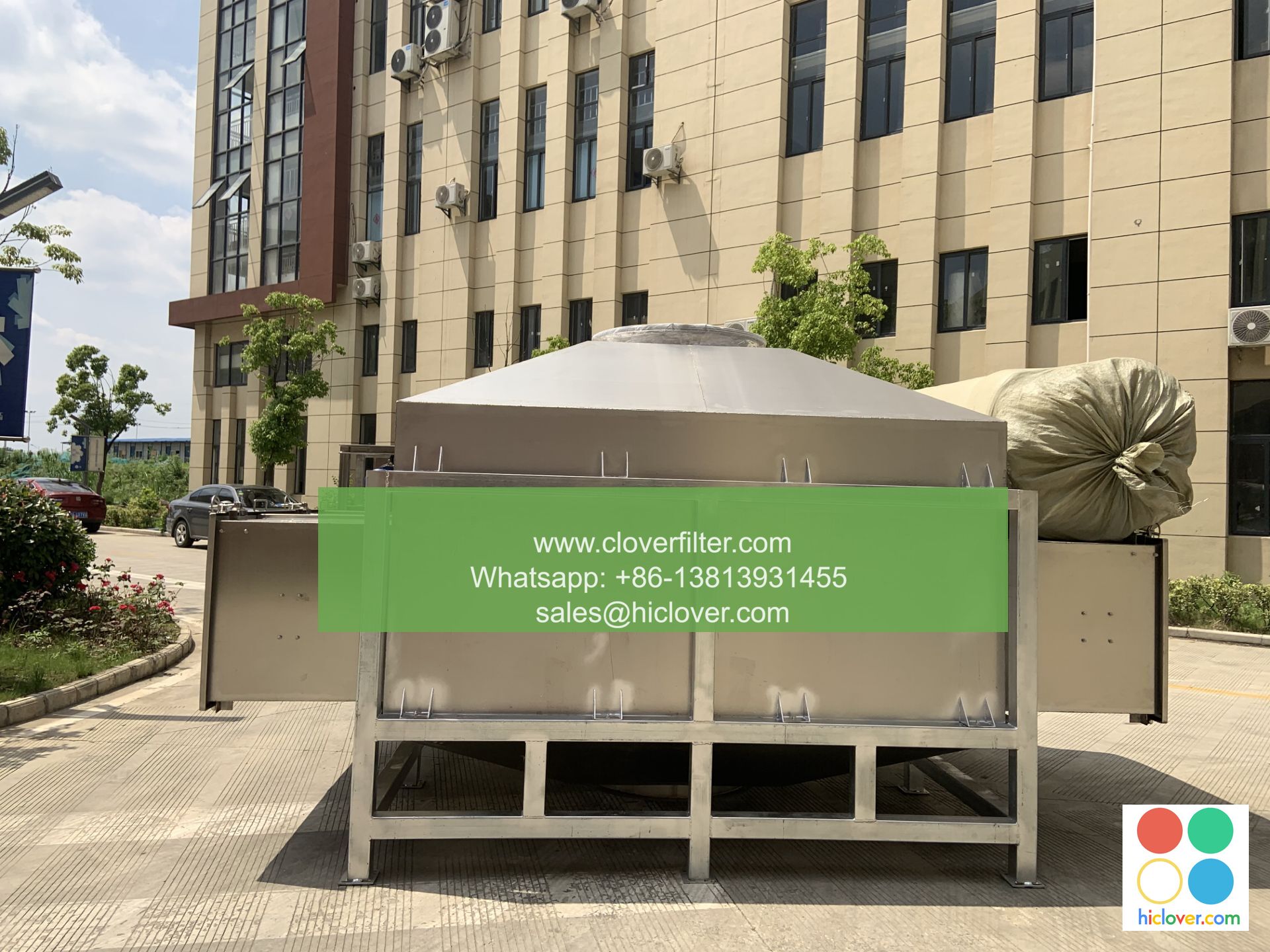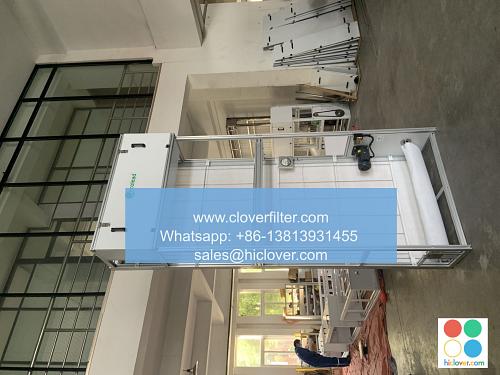Increasing Efficiency in Aerospace Manufacturing with Automatic Roll Air Filters

The aerospace industry is one of the most demanding and complex manufacturing sectors, requiring high precision, reliability, and efficiency. To meet these stringent requirements, manufacturers are constantly seeking innovative solutions to improve their production processes. One such solution is the implementation of automatic roll air filters, which can significantly enhance efficiency, reduce costs, and improve product quality in aerospace manufacturing.
What are Automatic Roll Air Filters?
Automatic roll air filters are advanced air filtration systems designed to provide high-efficiency filtration, low maintenance, and energy savings. These filters use a continuous roll of filter media that automatically advances to a new, clean section as the old section becomes dirty, ensuring a consistent and reliable airflow. This technology is particularly useful in aerospace manufacturing, where clean air is crucial for producing high-quality components and assemblies.
Application Areas in Aerospace Manufacturing
Automatic roll air filters can be applied in various areas of aerospace manufacturing, including:
– Cleanrooms: These filters are ideal for cleanroom environments, where the air must be extremely clean to prevent contamination of sensitive components and assemblies.
– Painting and Coating: Automatic roll air filters can be used to remove particles and contaminants from the air, ensuring a smooth and even finish on painted and coated surfaces.
– Composites Manufacturing: The use of automatic roll air filters can help to prevent the ingress of contaminants and particles into composite materials, reducing the risk of defects and improving product quality.
– Engine and Component Testing: These filters can be used to provide a clean air supply for engine and component testing, helping to prevent damage and ensure accurate test results.
Benefits of Automatic Roll Air Filters in Aerospace Manufacturing
The implementation of automatic roll air filters in aerospace manufacturing can bring numerous benefits, including:
– Improved Product Quality: By providing a clean air supply, automatic roll air filters can help to prevent contamination and defects, resulting in higher-quality products.
– Increased Efficiency: These filters can help to reduce downtime and increase productivity, as they require less maintenance and can operate continuously.
– Energy Savings: Automatic roll air filters can help to reduce energy consumption, as they use less energy to operate and can be designed to optimize airflow and minimize pressure drop.
– Cost Savings: By reducing maintenance, energy consumption, and waste, automatic roll air filters can help aerospace manufacturers to save costs and improve their bottom line.
Case Studies and Examples
Several aerospace manufacturers have already implemented automatic roll air filters in their production processes, with significant results. For example, a leading aircraft manufacturer reported a 25% reduction in energy consumption and a 30% reduction in maintenance costs after installing automatic roll air filters in their cleanroom facilities. Another manufacturer of aerospace components reported a 20% improvement in product quality and a 15% increase in productivity after implementing these filters in their painting and coating operations.
Conclusion
In conclusion, automatic roll air filters are a valuable solution for increasing efficiency, reducing costs, and improving product quality in aerospace manufacturing. By providing a clean air supply, reducing maintenance, and optimizing energy consumption, these filters can help aerospace manufacturers to meet the stringent requirements of the industry and stay competitive in a rapidly evolving market. As the aerospace industry continues to grow and evolve, the implementation of automatic roll air filters is likely to become an increasingly important aspect of manufacturing operations, enabling companies to produce high-quality products while minimizing costs and environmental impact.

